The Human Artistry Coalition has announced that its membership has increased by 50% within a few weeks of its launch at the South by Southwest (SXSW) conference in Texas. HAC, which represents the interests of human creators in the age of AI, now has over 70 members globally. Despite its support for emerging technologies, the main objective is to ensure that AI develops in ways that boost the creative ecosystem while recognizing the indispensable role of human artistry in culture and the arts.
HAC’s founding members include the Recording Industry Association of America (RIAA), representing more than 1,600 music companies, among which are the Big Three: Sony Music Entertainment, Universal Music Group, and Warner Music Group. Other members are the Screen Actors Guild-American Federation of Television and Radio Artists (SAG-AFTRA), with 160,000 artists worldwide, including recording artists, actors, journalists, and radio personalities.
Recently, HAC has welcomed music industry groups from Argentina, Austria, Canada, and Germany as its members. With the continuous growth of AI technologies, many individuals and organizations are apprehensive about its impact on human creators and workers. According to a report by Goldman Sachs, AI technology has the potential to automate approximately 300 million jobs worldwide. Additionally, two-thirds of jobs in the US and Europe are susceptible to some level of AI automation.
The music industry has seen a surge in AI music-making apps, such as BandLab and Moises, which now boast tens of millions of users. China’s Tencent Music Entertainment has also released more than 1,000 tracks featuring AI-generated vocals, with one of them garnering over 100 million streams. Music streamer Anghami aims to build a catalog of 200,000 AI-generated songs, furthering the debate about AI in the creative industries and copyright issues.
HAC has put forward seven principles to guide the development of AI, with three focused on copyright:
- Requiring authorization and licensing for AI apps to use copyrighted works
- Not allowing copyright or IP exemptions that permit AI to “exploit creators without permission or compensation”
- Ensuring that copyright protects “the unique value of human intellectual creativity.”
Copyright concerns are not only for music creators but recording industry companies as well. AI systems acquire their knowledge base from vast amounts of copyrighted content, often without the owner’s consent or compensation. Michael Nash, Executive Vice President, and Chief Digital Officer at Universal Music Group, said in a recent op-ed for MBW that “in some cases, this is used to produce outright fakes. Often, it simply produces a flood of imitations – diluting the market, making original creations harder to find, and violating artists’ legal rights to compensation from their work.”
There are many that see AI as a positive force for music creators. For example, Ran Geffen Levy, CEO of Israel’s Amusica Song Management and Chief Future Officer at OG.studio, stated in an op-ed for MBW that AI could shift the balance between music creators and their labels and publishers. By using AI tools to identify potential hit songs and becoming more involved in the production process, artists could collaborate with their fanbase to create music and content.
The Human Artistry Coalition’s goal is to ensure that AI and human artistry work together to strengthen the creative ecosystem. With copyright protection as a top priority, the coalition’s expansion reflects growing concerns about the impact of AI on human creators and workers. As AI technology continues to develop, it is essential that industry groups and unions work together to promote creativity and protect human intellectual property.
Go to MPT Agency Blog to find out more about recent industry developments. Follow MusicPromoToday and stay up to date.
Subscribe To Our Music Marketing Newsletter!
News about music marketing strategies to the music business and beyond.
Delivered to your inbox once a week.





